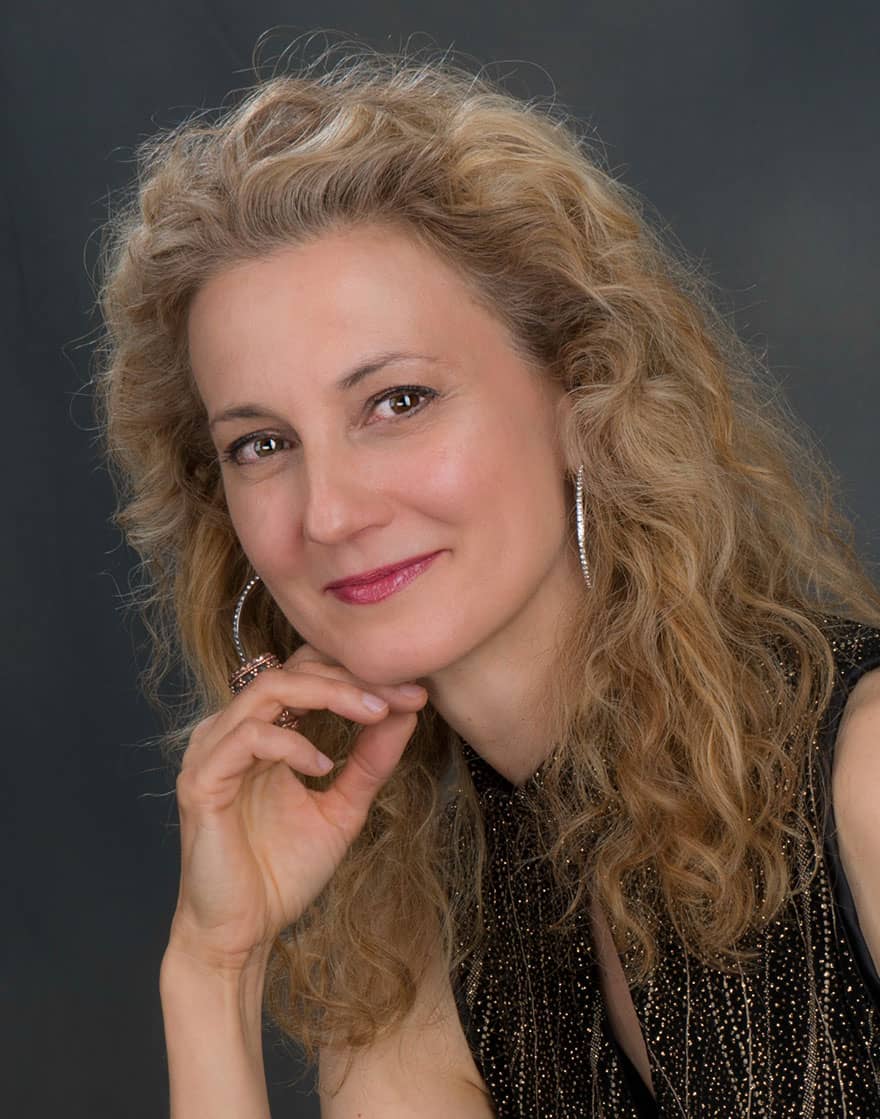The Mind & Life Institute (MLI) is committed to building a scientific understanding of the mind as a way to help reduce suffering. This mission brings together modern, western science with ancient, eastern practices. The conversations have been fascinating. The partnership began in 1987 with a meeting between the Dalai Lama, a neuroscientist and a businessman. While they had a healthy respect and appreciation for science, they also believed that introspective methods should be used as instruments of investigation.
Fast-forward 27 years, and their second biannual conference held in Boston last week (International Symposium for Contemplative Studies) drew 1700 people from 38 countries. MLI now has projects around the globe, researching and supporting those developing more integrated and complete ways of knowing the world and promoting human flourishing. There were hundreds of presentations at the conference and the Ivy League schools were well represented. There were leading authors, scholars and teachers there. This is no longer a fringe topic.
The conference kicked off with a keynote by Diana Chapman Walsh, former president of Wellesley College and now MLI board member. She admitted to not knowing much about contemplative practice until 2 years ago, but she has since thrown herself into learning as much as she can and is now a passionate and articulate advocate. She described how so many of our systems are in crisis right now and believes that the only thing that will ever make a real difference is a change in the human heart. If we know that contemplative practice can change the heart/brain/mind, don’t we have an obligation to promote and share these practices?
Even though Diana spent much of her career in higher education, she said that it is long past time for academia to transform. These institutions have deep-seated tendencies to isolate and make decisions out of fear due to the desire to increase rankings or bring in more revenue. This is not serving the greater good or doing the best job for students. Relationships reside at the heart of most teaching and mentoring. Before we see, we must be seen. We learn best when we can love and be loved.
The Dalai Lama spoke eloquently about his desire to build a better society for all beings on the planet. He encouraged us not to accept anything on faith and to always investigate for ourselves. He says that the primary problem in the world today is a sense of separateness, of an “us vs. them” mentality.
He has always loved science and seemed genuinely happy to be a part of these discussions. He said that many people aren’t interested in Buddhist teachings, but most people have a respect for science and so this work is a way to help more people. His openness has revolutionized the Tibetan Buddhist tradition that hadn’t change much in hundreds of years.
If an ancient religious tradition can be transformed by opening to new ideas and being willing to release old ways that are no longer serving, then anything is possible. Another exciting development we learned about (very briefly, as part of Tania Singer’s keynote address) is the movement to transform our economic system that has led to so much suffering for so many. Caring Economics seeks to develop and implement a new economic model that is based on cooperation and more compassionate behavior rather than competition. You can read more about it here http://www.caring-economics.org/about and about the related Institute for New Economic Thinking here: http://ineteconomics.org/
I would love to tell you more about so many of the presentations-how contemplative practice is changing how kids learn in schools and improves attendance and behavioral issues; how meditation can help doctors interact more compassionately with patients and patients to tap into their own innate powers to heal from the inside out and how meditation can help people overcome addictions.
But the bottom line is this:
How you use your attention matters.
What you think and believe matters.
Before the Dalai Lama left the stage, he gestured to himself and the other leading scholars up there with him and said:
“Do not think we are anything special. Go out and do your work.”
I am passing this invitation along to you.
If you would like to work with me to develop your own contemplation practice or to explore how your mind is shaping your life, please reach out.
Mindfully yours,
Erin


 Erin believes that narrow boxes are for shoes and not for people and she hopes you'll join her tribe on the mindful path to freedom!
Erin believes that narrow boxes are for shoes and not for people and she hopes you'll join her tribe on the mindful path to freedom!

